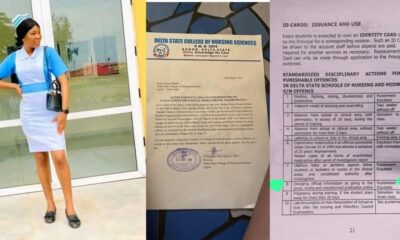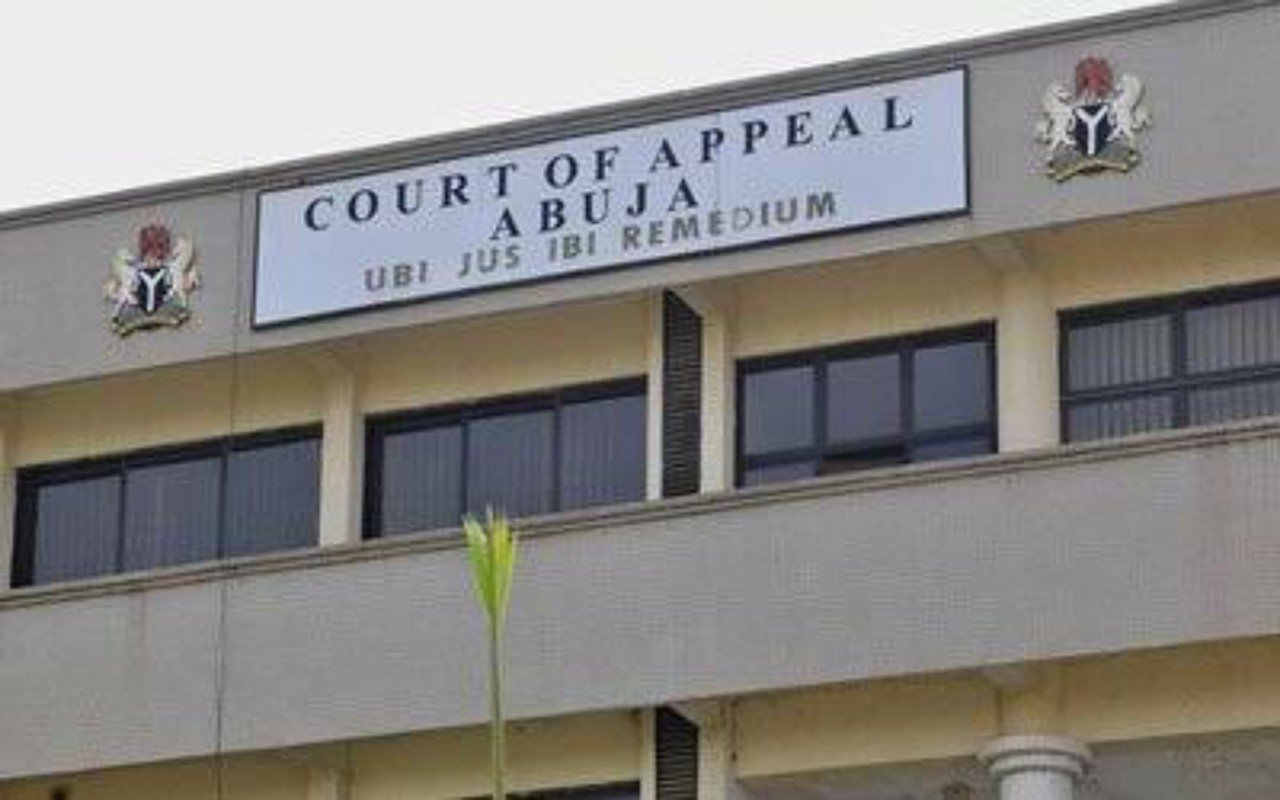Education
2025 UTME glitches: JAMB asked to compensate candidates

The Joint Admissions and Matriculation Board (JAMB) has been asked to compensate candidates affected by technical glitches during the 2025 Unified Tertiary Matriculation Examination (UTME).
Civil rights advocacy group, Human Rights Writers Association of Nigeria (HURIWA), made the call in a statement signed by its coordinator, Emmanuel Onwubiko on Thursday.
While commending the registrar of JAMB, Prof Ishaq Oloyede, for admitting errors in the exam, the group said beyond verbal apologies, concrete steps—such as compensation for affected candidates and a long-term plan to abolish the Board—are urgently needed.
“We wish to applaud Professor Oloyede for publicly admitting that the Board erred. This level of honesty and accountability is extremely rare in Nigeria’s bureaucratic landscape. Many officials would rather spin falsehoods, deflect blame, or remain silent than take responsibility,” said HURIWA
“However,” the group added, “this admission must be followed by meaningful restitution. It is unjust to compel candidates—who have already suffered from the Board’s errors—to retake the UTME without compensation. Asking them to expend more time, effort, and resources without any form of redress is tantamount to punishing them twice.”
READ ALSO:JAMB admits errors in 2025 UTME, reschedules exam for 379,997 candidates
HURIWA, therefore, called on JAMB to immediately introduce a compensatory package for affected candidates.
The rights group suggested the provision of transportation stipends or other relief measures to cushion the impact of the Board’s admitted failings, warning that failure to do so would amount to gross injustice and institutional irresponsibility.
According to JAMB’s own data, over 1.9 million candidates took the 2025 UTME, with more than 1.5 million scoring below 200—a result that sparked widespread concern among educators, parents, and education stakeholders. Only 0.63 per cent of candidates scored 300 and above, raising doubts about the examination’s credibility and reliability.
Beyond immediate redress, HURIWA questioned the continued relevance of JAMB, describing the agency as outdated and primarily revenue-driven rather than focused on its core mandate.
“JAMB has morphed into a money-making machine for a privileged few in government. Its original mission has been compromised, and it no longer serves the interests of students or educational institutions,” the group asserted. “It is time to reconsider the continued existence of JAMB. Tertiary institutions should be empowered to conduct their own entrance examinations and admit students based on transparent and autonomous standards.”
The association noted that recurring technical failures, grading inconsistencies, and lack of transparency have eroded public trust in the Board’s operations. It argued that JAMB’s centralized control of the admission process has made it vulnerable to systemic breakdowns and inefficiencies.
Pending the possible scrapping of the Board, HURIWA called for a comprehensive internal overhaul of JAMB’s systems and processes, with greater transparency and mechanisms for accountability. It urged the establishment of an open grading system, allowing candidates access to their marked scripts and a formal appeal process.
“We propose the introduction of a robust appeal framework where candidates can access their exam scripts and seek reviews in cases of dispute. The current opacity surrounding result grading fuels distrust and frustration,” the statement continued.
HURIWA concluded by reiterating that while JAMB’s public admission of failure is commendable, justice and reform must go further.
“The affected candidates must not be left to bear the consequences of JAMB’s errors alone. Nigeria’s education system cannot continue to operate under a flawed and outdated structure. If JAMB is to remain relevant, it must embrace reform, transparency, and accountability—or be dismantled in favor of a decentralized, institution-driven admissions process,” the rights group stated.






















